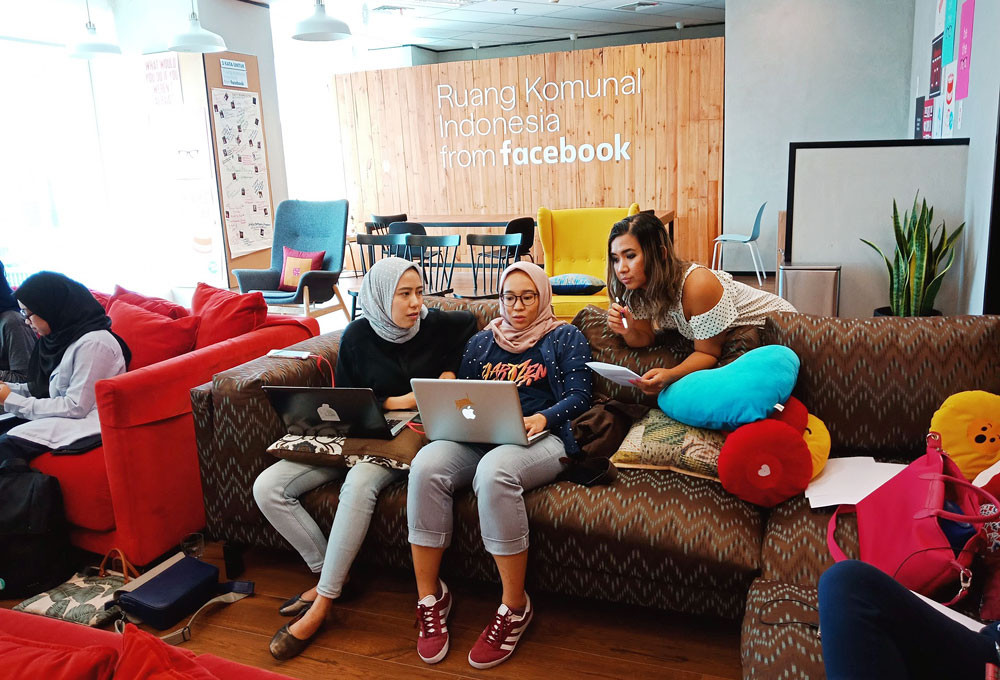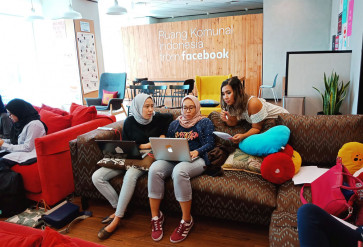Popular Reads
Top Results
Can't find what you're looking for?
View all search resultsPopular Reads
Top Results
Can't find what you're looking for?
View all search resultsChatGPT in Indonesian education: A risk or game changer?
Answering the question is challenging as the problems in education in Indonesia, or even around the world, run deeper than the use of an AI chatbot in the classroom.
Change text size
Gift Premium Articles
to Anyone
L
ast November, ChatGPT, an artificial intelligence (AI)-powered platform, quickly garnered attention for its ability to generate detailed answers to a wide array of disciplines (or multi-disciplines) of knowledge within seconds, through prompt commands.
The development of ChatGPT has had a mixed welcome from the general public as it has been dubbed the “biggest threat” to the job market and the education sector given its potential to revolutionize how we learn and perform our jobs.
There are practically no limits to what ChatGPT is capable of. It can generate ideas for business concepts, solve math questions, and even complete important academic obligations, such as writing essays and answering exam questions.
Many governments and schools around the world have responded to the dawn of ChatGPT. School districts in New York City, Los Angeles and Baltimore in the United States, as well as schools in Australia have banned the platform as it is perceived to have a detrimental effect on students’ learning. Science Po University in France recently enacted a ban on the use of ChatGPT without lecturers’ supervision, citing the plagiarism threat of the site and its dire consequences for offenders, which include exclusion from French universities.
At the time of writing, concerns over the utilization of AI-powered platforms in Indonesia’s education sector have been minimal, as indicated by the lack of reported responses from academia or teachers in the mainstream and social media. The Education, Culture, Research and Technology Ministry has not specifically responded to ChatGPT or similar platforms either.
Even before the rising concerns over AI-assisted plagiarism, academic misconduct had been prevalent in Indonesia. Academia, including students and lecturers, have often been accused of plagiarizing, whether on purpose or unintentionally, due to a lack of awareness and understanding of the standards for academic writing.
Moreover, platforms offering academic task services in Indonesia are easily found online through simple keywords, such as “joki ujian” or “jasa tugas kuliah.” Such practices became even more lucrative during the pandemic as learning moved virtually.



















